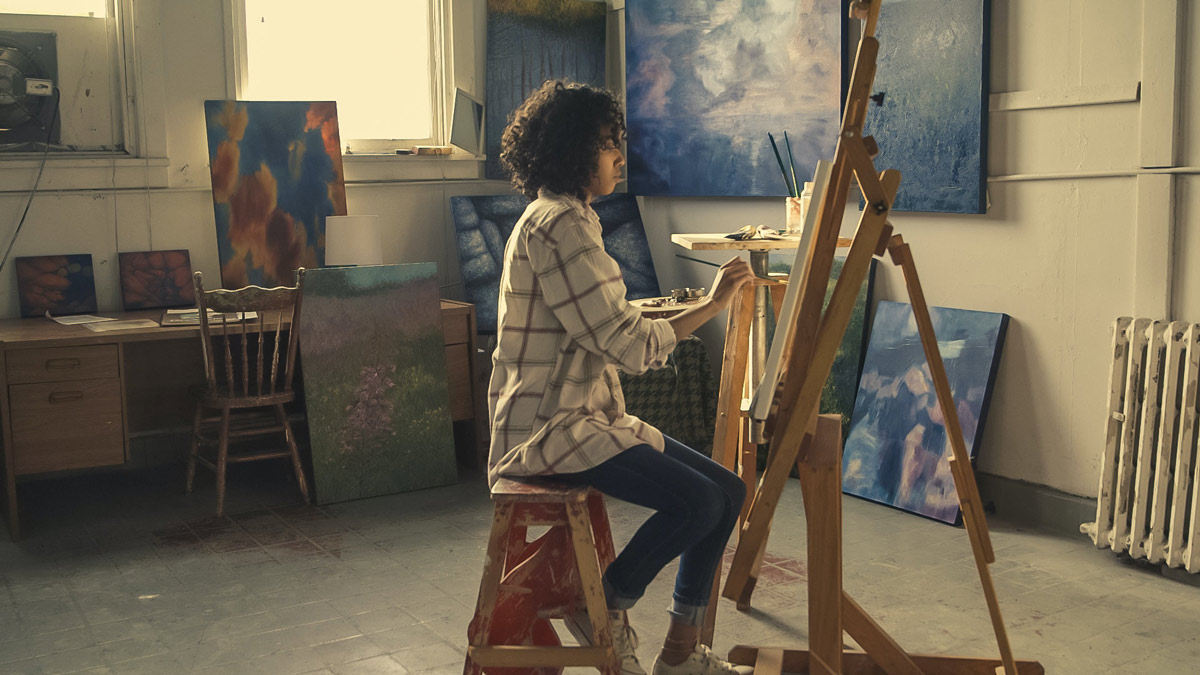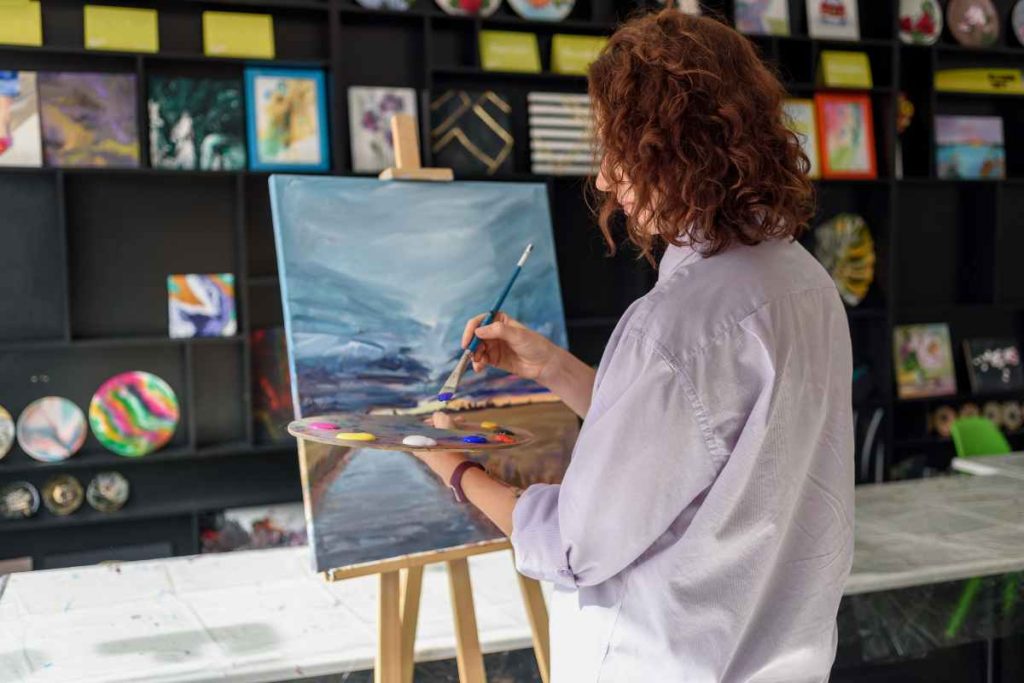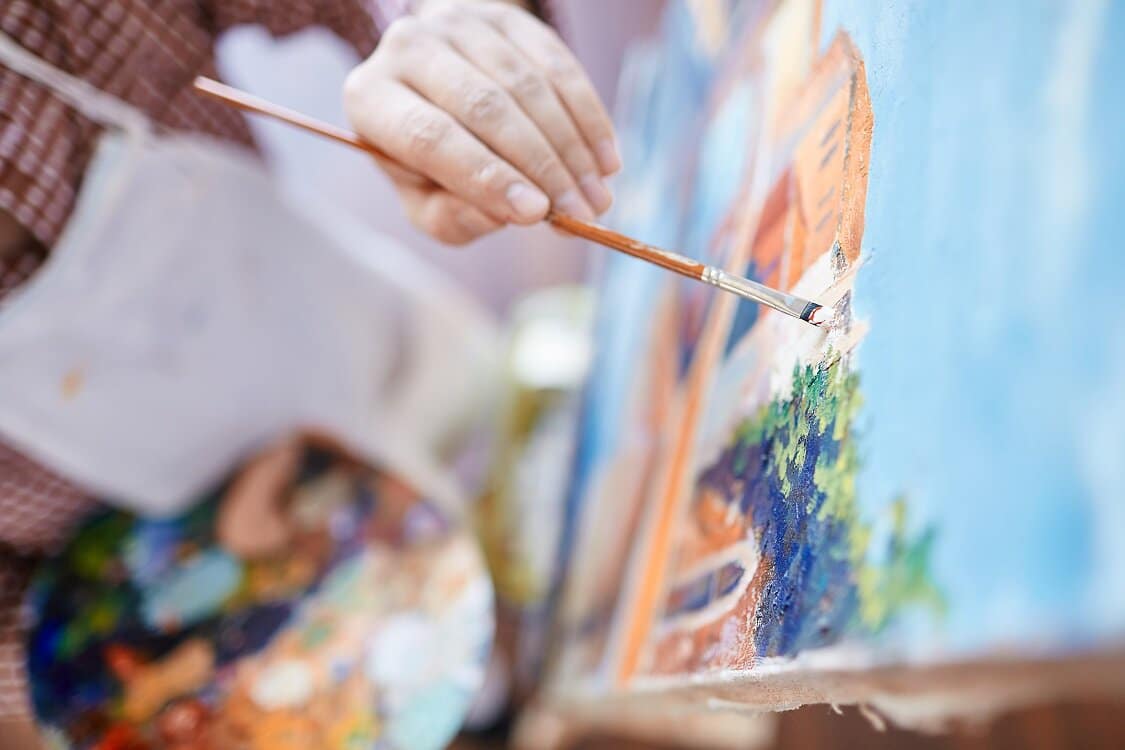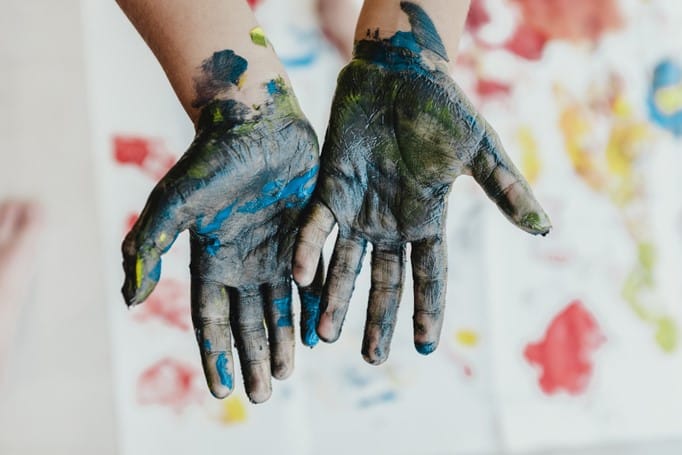
For many artists, the act of creating is both a passion and a lifeline. Art provides an outlet for emotions, a platform for self-expression, and a source of personal fulfillment. Yet the lifestyle of an artist can also bring unique mental health challenges. Long hours, irregular routines, and the pressures of creativity can contribute to stress, anxiety, depression, or even substance use. At RoshamboMT, we understand these challenges and offer compassionate, individualized care that helps artists maintain wellness while pursuing their craft.
The Intersection of Creativity and Mental Health
Artists are naturally sensitive and perceptive, qualities that enrich their work but can also make them more susceptible to emotional strain. Recognizing the connection between creativity and mental health is essential for building a sustainable, balanced lifestyle.
Common Challenges Artists Face
- High emotional intensity: Deep engagement in art can lead to mood swings or emotional exhaustion.
- Irregular schedules: Late nights, inconsistent routines, and pressure to meet deadlines can disrupt mental and physical health.
- Isolation: Solo work can intensify feelings of loneliness or anxiety.
- Substance use risk: Some artists turn to alcohol or drugs to cope with stress or enhance creativity, increasing the risk of addiction.
Acknowledging these challenges allows artists to take proactive steps toward mental wellness and recovery.
How Wellness Practices Support the Artist’s Life
Wellness for artists is about more than avoiding burnout; it is about fostering balance, clarity, and sustainable creativity. Daily routines, holistic practices, and supportive care can help artists maintain both their mental health and their artistic vision.
Holistic and Faith-Based Approaches
At RoshamboMT, we combine mental health treatment with addiction recovery strategies in a holistic, faith-based framework. This approach addresses the mind, body, and spirit, helping artists achieve clarity and balance in their lives.
- Mindfulness and meditation: Reduce stress and enhance focus.
- Art therapy: Provide a safe outlet for emotions and encourage self-reflection.
- Faith-based support: Offer grounding, resilience, and purpose during recovery.
- Physical wellness: Exercise and nutrition support overall emotional and cognitive health.
Inpatient and Outpatient Care Options
Different artists have different needs. Inpatient programs provide immersive support in a structured environment, while outpatient programs allow artists to maintain their creative practice while receiving therapy and guidance. Both pathways prioritize mental health, substance use recovery, and long-term wellness.
Practical Steps for Daily Artistic Wellness
- Establish a creative routine: Consistency in work and self-care reduces stress and enhances productivity.
- Seek support early: Therapists, counselors, and recovery specialists can help manage emotional challenges before they escalate.
- Engage with community: Peer networks foster connection, accountability, and inspiration.
- Practice self-reflection: Journaling or meditative practices improve self-awareness and emotional insight.
- Prioritize physical health: Adequate sleep, nutrition, and exercise support both creativity and mental wellness.
Achieving Clarity Through Compassionate Support
The life of an artist is a journey filled with creativity, inspiration, and emotional depth. By embracing wellness practices, seeking professional support, and engaging in holistic care, artists can navigate challenges without sacrificing their mental health or creative potential.
RoshamboMT offers individualized programs designed to support artists in achieving balance, clarity, and long-term wellbeing. Through compassionate guidance, holistic therapy, and faith-based approaches, artists can continue creating while prioritizing their health and recovery.
Take the first step toward a clearer, healthier, and more fulfilling artistic life. Reach out to RoshamboMT today to discover how our programs can help you transform your lifestyle from stress and uncertainty to clarity and wellness.




 At first glance, creativity and structure may seem like opposites. Many artists fear that schedules and routines will limit their inspiration. Similarly, individuals in recovery may view rules and structured routines as restrictive. Yet, the truth is that structure can be the key to unlocking both creative freedom and personal wellness. At Roshambo, we understand that balance is essential. Through individualized, holistic, and faith-based care, we help clients establish routines that foster healing, resilience, and creative growth.
At first glance, creativity and structure may seem like opposites. Many artists fear that schedules and routines will limit their inspiration. Similarly, individuals in recovery may view rules and structured routines as restrictive. Yet, the truth is that structure can be the key to unlocking both creative freedom and personal wellness. At Roshambo, we understand that balance is essential. Through individualized, holistic, and faith-based care, we help clients establish routines that foster healing, resilience, and creative growth.